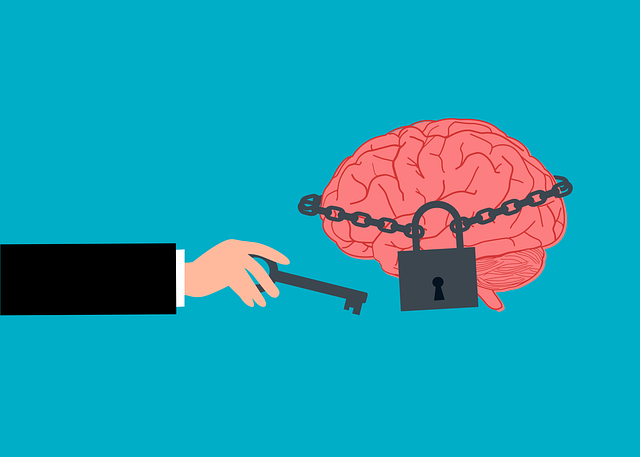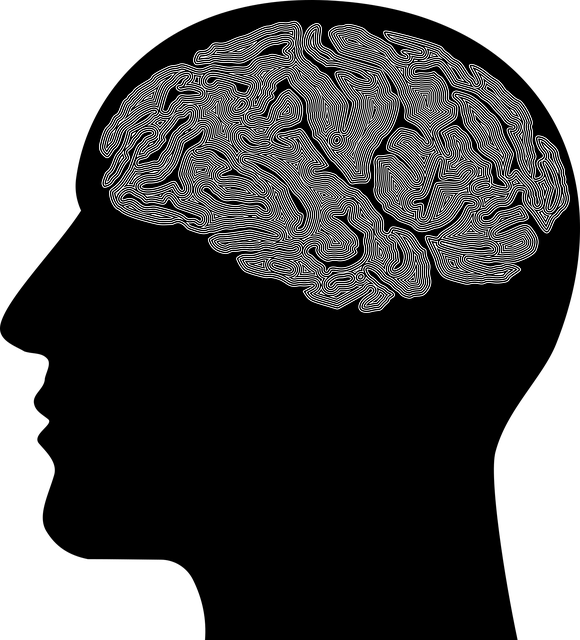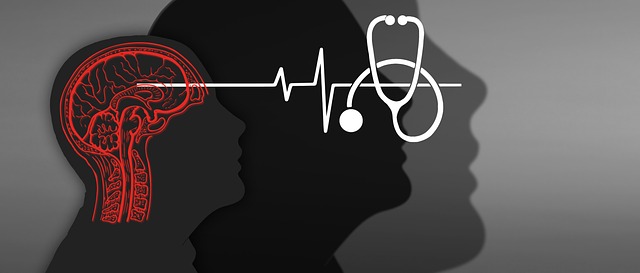In diverse urban areas like Louisville, where varying cultural backgrounds and family dynamics contribute to high rates of child abuse and trauma, healthcare providers must undergo robust Cultural Competency Training. Louisville Child Abuse Therapy emphasizes this training's vital role in addressing mental health issues, reducing stigma, and improving patient outcomes. Through tailored programs and community outreach, they empower children and caregivers to overcome trauma and build resilience. Effective cultural competency training for healthcare providers involves interactive workshops, case studies, and peer discussions, focusing on practical strategies for improved communication and culturally sensitive interventions. Regular evaluation through staff and patient feedback helps identify areas for improvement, ensuring Louisville Child Abuse Therapy remains responsive and inclusive in its approach to patient care.
Healthcare provider cultural competency training is an evolving necessity, especially in regions like Louisville, where diverse communities face unique challenges. This article explores the critical concept of cultural competency within healthcare, using Louisville Child Abuse Therapy as a case study to demonstrate its profound impact on vulnerable populations. We discuss designing effective training programs and continuous evaluation strategies, offering a comprehensive framework for healthcare providers to navigate cultural complexities and deliver quality care.
- Understanding Cultural Competency in Healthcare: A Necessary Framework
- The Impact of Louisville Child Abuse Therapy on Vulnerable Populations
- Designing Effective Training Programs for Healthcare Providers
- Continuous Evaluation and Improvement Strategies for Cultural Competency
Understanding Cultural Competency in Healthcare: A Necessary Framework

In the healthcare sector, cultural competency goes beyond basic sensitivity. It involves understanding and appreciating diverse cultures, beliefs, and practices to deliver patient-centered care. This is particularly crucial in urban areas like Louisville where communities are increasingly diverse, including a significant number of families affected by child abuse and trauma. Louisville Child Abuse Therapy highlights the importance of this framework in ensuring that all patients receive respectful, accessible, and effective healthcare services.
Healthcare Provider Cultural Competency Training plays a pivotal role in fostering an environment conducive to addressing complex issues such as mental illness and its intersection with cultural identities. By equipping providers with the skills to navigate these nuances, training initiatives contribute to the reduction of Mental Illness Stigma and enhance Trauma Support Services. This, in turn, strengthens community resilience and promotes better health outcomes for all residents.
The Impact of Louisville Child Abuse Therapy on Vulnerable Populations

Louisville Child Abuse Therapy has made significant strides in addressing the unique needs of vulnerable populations within the community. Their tailored approach, which includes specialized services and a strong Community Outreach Program Implementation, has proven to be transformative for families facing child abuse and neglect. By extending support beyond traditional therapy settings, they foster resilience building and promote mental wellness among children and their caregivers.
Through innovative programs and initiatives, the organization actively engages with communities at-risk, ensuring that resources and support are accessible to those who need them most. This proactive strategy not only mitigates the impact of trauma but also empowers individuals to break cycles of abuse and create a brighter future for themselves and their families.
Designing Effective Training Programs for Healthcare Providers

Effective training programs for healthcare providers in cultural competency are essential to enhancing patient care and outcomes, especially in sensitive areas like Louisville Child Abuse Therapy. These programs should be meticulously designed to cater to diverse learning styles and address the unique challenges faced by professionals in this field. Incorporating interactive workshops, case studies reflecting real-life scenarios, and peer discussions can facilitate a deeper understanding of cultural nuances and their impact on healthcare delivery.
The curriculum must go beyond surface-level awareness and focus on practical strategies for improving communication, building trust, and offering culturally sensitive interventions. Mental Health Education Programs Design that integrate mindfulness meditation techniques, for instance, can help providers manage their own stress and emotional responses, enabling them to be more present and empathetic during patient interactions. Additionally, incorporating modules on depression prevention and early intervention can empower healthcare workers to identify and address mental health concerns within diverse cultural contexts, ultimately improving patient outcomes and fostering stronger connections in Louisville Child Abuse Therapy settings.
Continuous Evaluation and Improvement Strategies for Cultural Competency

Cultural competency training is an ongoing process that requires continuous evaluation and improvement strategies to ensure healthcare providers remain responsive to diverse patient needs. Regular assessments, such as surveys and focus groups, can gather feedback from both staff and patients, identifying areas where cultural competency has been effectively implemented and pinpointing gaps for enhancement. These evaluations should cover various aspects, including communication skills, knowledge of different cultures, and ability to navigate sensitive topics like Louisville child abuse therapy.
By incorporating feedback into their training programs, healthcare organizations can develop targeted interventions, such as enhanced Mood Management and Confidence Boosting strategies, tailored to address specific cultural challenges. Additionally, implementing Mental Wellness Coaching Programs Development can foster a more inclusive environment, empowering providers to offer personalized care that respects and values every patient’s unique background and experiences.
Cultural competency training is an evolving necessity in healthcare, especially in addressing issues like child abuse, as illustrated by the success of Louisville Child Abuse Therapy. By designing effective training programs and implementing continuous evaluation strategies, healthcare providers can better serve diverse populations. This approach ensures that everyone receives quality care tailored to their unique cultural needs, fostering a more inclusive and responsive healthcare system.














